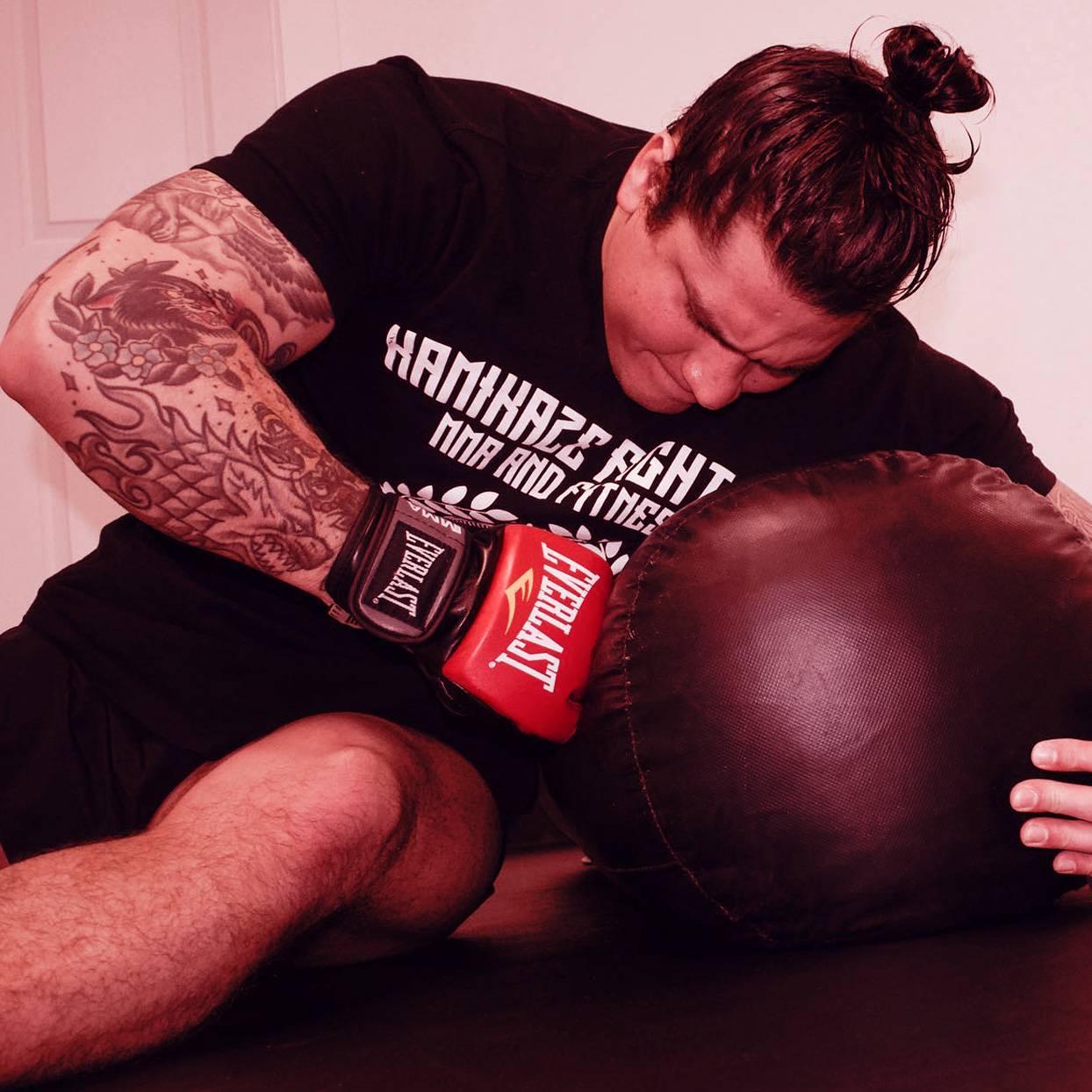Mixed martial arts (MMA) training requires not only physical prowess but also a comprehensive understanding of nutrition. As a former MMA fighter turned personal trainer, I’ve encountered numerous misconceptions about sports nutrition. In this article, we’ll delve into the crucial elements of nutrition for MMA training, dispel common myths, and outline strategies to help clients avoid nutritional deficiencies as they venture into this demanding discipline.
Key Elements of Nutrition for MMA Training:
Macronutrient Balance:
Achieving the right balance of macronutrients—proteins, carbohydrates, and fats—is paramount for MMA athletes. Proteins aid muscle repair and growth, carbohydrates provide energy for intense training sessions, and fats contribute to overall health and hormone regulation.
Hydration:
Staying adequately hydrated is crucial for optimal performance. Dehydration can impair cognitive function, decrease endurance, and hinder recovery. MMA athletes should prioritize consistent water intake and replenish electrolytes lost through sweat during intense training sessions.
Timing of Meals and Snacks:
Properly timing meals and snacks ensures a steady supply of energy throughout the day. Consuming a balanced meal a few hours before training provides sustained energy, while post-training nutrition should include a combination of protein and carbohydrates to support recovery.
Nutrient-Dense Foods:
Focusing on nutrient-dense foods is essential to meet the demands of intense training. Whole grains, lean proteins, fruits, and vegetables supply essential vitamins, minerals, and antioxidants that support overall health and aid in recovery.
Supplementation:
While whole foods should be the primary source of nutrients, supplements can fill gaps in the diet. Common supplements for MMA athletes include protein powder, omega-3 fatty acids, and vitamin D. However, supplementation should be personalized based on individual needs and deficiencies.
Common Misconceptions About Sports Nutrition:
Excessive Protein Consumption:
Myth: Many believe that consuming excessive protein leads to increased muscle mass and improved performance.
Reality: While protein is crucial, excessive intake may strain the kidneys and not necessarily enhance performance. Individual protein needs vary, and a balanced approach is key.
Carbohydrates as the Enemy:
Myth: Some believe that carbohydrates should be minimized to achieve weight loss and improved aesthetics.
Reality: Carbohydrates are the body’s primary energy source, especially during high-intensity workouts. Properly timed and balanced carbohydrate intake is vital for sustained energy levels.
Fat-Free Diets for Weight Loss:
Myth: The misconception that all fats are detrimental to health persists, leading to fat-free or low-fat diet trends.
Reality: Healthy fats, such as those found in avocados and nuts, are essential for hormone production and overall well-being. A balanced approach to fat intake is crucial.
Overemphasis on Supplements:
Myth: Some individuals rely heavily on supplements, assuming they can replace a well-rounded diet.
Reality: While supplements can be beneficial, they should complement, not replace, a nutrient-rich diet. Whole foods offer a broader range of nutrients.
Preventing Nutritional Deficiencies in MMA Training:
To help clients avoid nutritional deficiencies, I take a personalized approach:
Individualized Nutrition Plans:
I work closely with each client to understand their dietary preferences, restrictions, and training goals. Crafting individualized nutrition plans ensures that their unique needs are met.
Education and Guidance:
I provide clients with comprehensive education on the importance of various nutrients, dispelling myths and promoting a balanced approach to nutrition. Understanding the reasoning behind dietary choices fosters adherence to healthy eating habits.
Regular Assessments:
Regular assessments help track clients’ progress and identify any potential deficiencies. Adjustments to their nutrition plans can be made based on evolving training demands and individual responses to the chosen diet.
Nutrition is a cornerstone of success in mixed martial arts training. Dispelling misconceptions and embracing a balanced, individualized approach to nutrition ensures that athletes are well-fueled for the challenges of MMA. As a personal trainer, my commitment extends beyond the gym floor, guiding clients on a holistic journey toward optimal health and performance through sound nutritional practices.




